![图片[1]-Elevating Organic Farming: The Role of Drone Sprayers in Sustainable Crop Management-msoen](https://www.msoen.com/wp-content/uploads/2025/04/086e34a941203340-1024x995.jpg)
![图片[2]-Elevating Organic Farming: The Role of Drone Sprayers in Sustainable Crop Management-msoen](https://www.msoen.com/wp-content/uploads/2025/04/369c51da4f203340-1024x723.jpg)
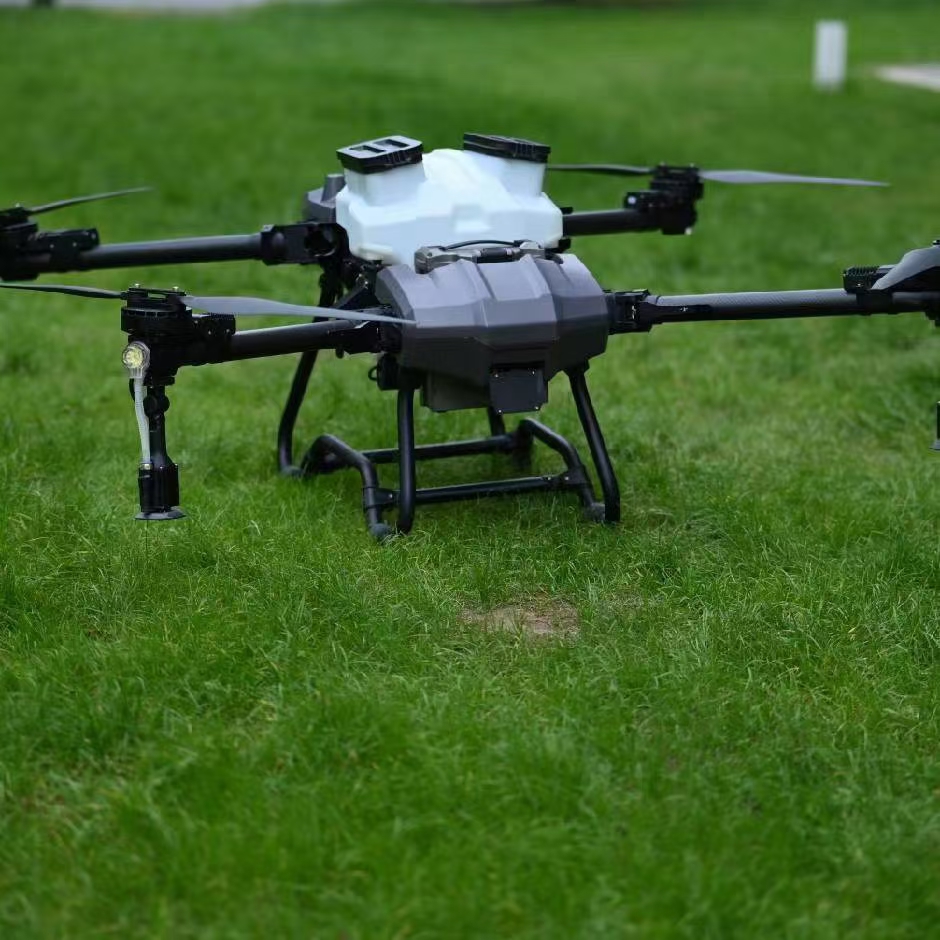
Discover how drone sprayers empower organic farmers to combat pests, diseases, and weeds without synthetic chemicals. Explore precision agriculture innovations tailored for eco-friendly, certified organic production.
Elevating Organic Farming: The Role of Drone Sprayers in Sustainable Crop Management
Organic farming prioritizes ecological balance, biodiversity, and zero synthetic chemical use. Yet, managing pests, diseases, and weeds in compliance with strict organic standards remains a formidable challenge. Traditional methods like manual weeding, beneficial insect releases, and neem oil applications are labor-intensive and often insufficient for large-scale operations. Drone sprayers are emerging as a transformative tool for organic farmers, combining precision, efficiency, and eco-conscious design to meet the demands of sustainable agriculture. This article highlights how drones are reshaping organic crop management while upholding certification integrity.
The Organic Farming Dilemma
Organic farmers face unique hurdles:
- Chemical Restrictions: Synthetic pesticides and herbicides are prohibited, limiting pest control options.
- Labor Intensity: Manual weeding and crop monitoring require significant time and resources.
- Regulatory Compliance: Strict documentation and avoidance of cross-contamination are critical.
- Economic Pressures: Rising consumer demand for organic produce clashes with rising production costs.
Drones offer a solution that aligns with organic principles by minimizing human intervention, reducing resource waste, and enhancing scalability.
How Drone Sprayers Align with Organic Practices
- Targeted Application of Organic Inputs
Drones enable precise delivery of approved organic pesticides (e.g., Bacillus thuringiensis for caterpillars) and herbal extracts:
- Variable-Rate Spraying: Adjusts chemical output based on real-time pest density maps, avoiding overuse.
- Obstacle Avoidance: Navigates around trees, rows, and wildlife without disrupting ecosystems.
- Time-Sensitive Intervention: Treats outbreaks at dawn or dusk when beneficial insects are less active.
This precision reduces organic spray volumes by 40–60%, lowering costs and environmental impact.
- Eco-Friendly Weed Management
Drones combat weeds using thermal imaging and mechanical tools:
- Flame Weeding Attachments: Deploy controlled heat to kill weeds without chemicals.
- Seedling Detection: Identify and target weeds during early growth phases, preserving crops.
- Mulching Drones: Drop biodegradable mulch mats to suppress weed growth naturally.
- Non-Chemical Pest Control
- Beneficial Insect Release: Drones disperse ladybugs or lacewings to control aphids organically.
- Pheromone Traps: Aerially deploy pheromone lures to disrupt pest mating cycles.
Case Study: Organic Vineyard Success with Drones
A 2023 project in France’s Loire Valley demonstrated drone efficacy in organic viticulture:
- Challenge: Powdery mildew outbreaks threatened grape quality, but copper-based sprays were restricted to 4 applications/year.
- Solution: Drones with multispectral cameras identified mildew hotspots, applying organic sulfur only where needed.
- Result:
- Copper use reduced by 70%.
- Grape yield increased by 15% due to healthier vines.
- Certification compliance maintained through precise spray logs.
Overcoming Adoption Barriers
- Regulatory and Certification Hurdles
- Documentation: Drones automate spray records, simplifying audits for USDA Organic or EU Organic certifications.
- Buffer Zones: Geofencing software prevents drones from spraying near conventional farms.
- Cost and Training Concerns
- Subsidies: Programs like the USDA’s Organic Agriculture Research and Extension Initiative (OREI) fund tech adoption.
- Community Networks: Farmer cooperatives share drones and training, reducing individual expenses.
- Technology Adaptability
- Modular Attachments: Drones can switch between pesticide sprayers, seeders, and sensors for year-round use.
- AI Analytics: Cloud-based platforms interpret crop data to guide organic farming decisions.
The Future of Organic Drone Spraying
Innovations on the horizon include:
- Bioherbicide Drones: Spraying Phytophthora palmivora to target invasive weeds organically.
- Swarm Farming: Fleets of drones mimicking natural ecosystems to manage large organic farms.
- Blockchain Traceability: Recording spray data to enhance transparency in organic supply chains.
Conclusion
Drone sprayers are redefining sustainability in organic agriculture by merging precision technology with ecological stewardship. By enabling targeted applications, reducing labor, and ensuring compliance, these devices empower farmers to meet growing consumer demand while preserving soil health and biodiversity. As certification bodies and governments recognize drone-based methods, organic farming is poised to enter a new era of efficiency and scalability. For organic producers, adopting drone sprayers isn’t just a choice—it’s a strategic pathway to profitability and planetary health.
Target Keywords: drone sprayers for organic farming, organic pesticide application, eco-friendly weed control, sustainable agriculture drones, certified organic drone technology.

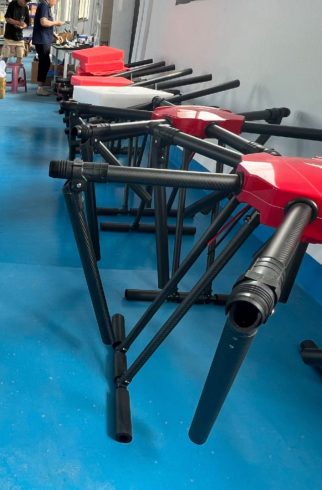
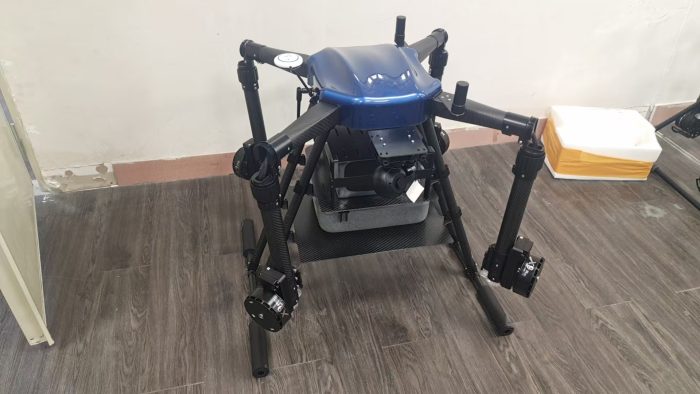
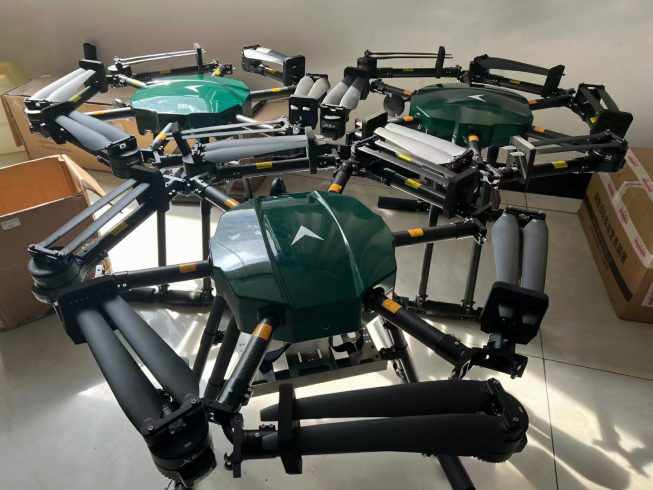
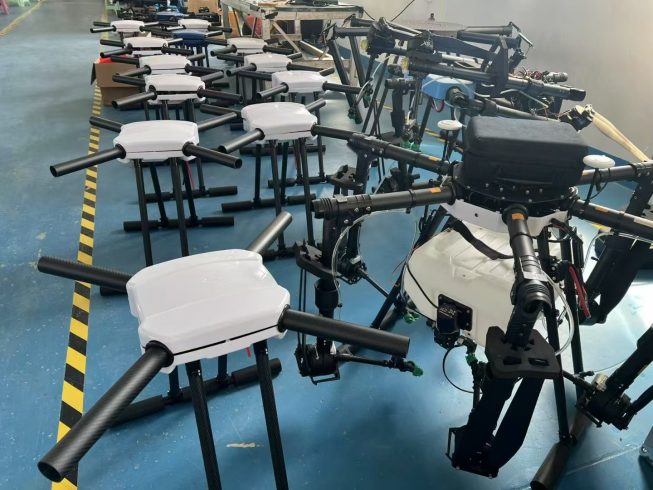
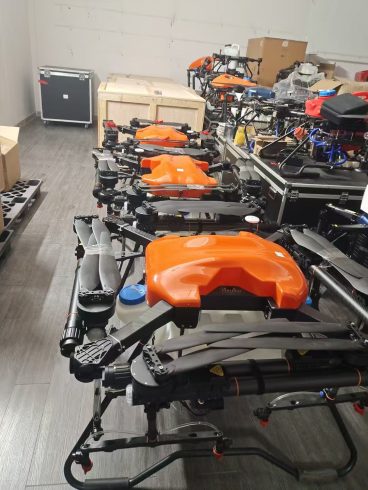
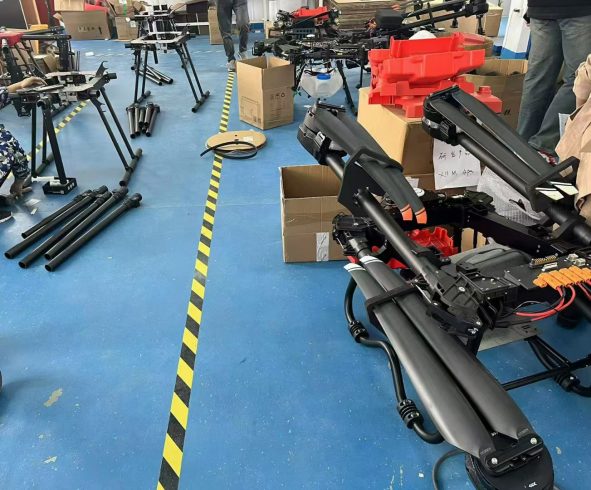
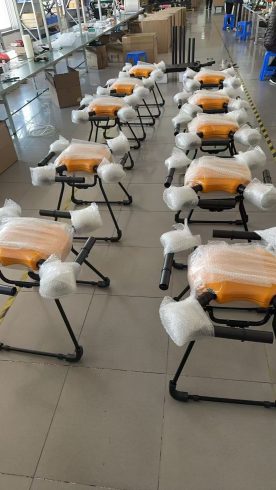
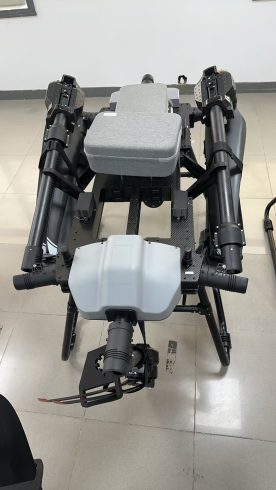
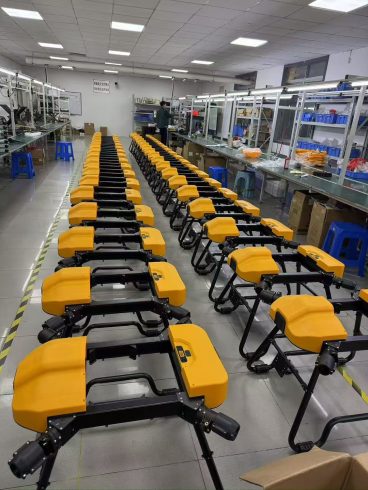
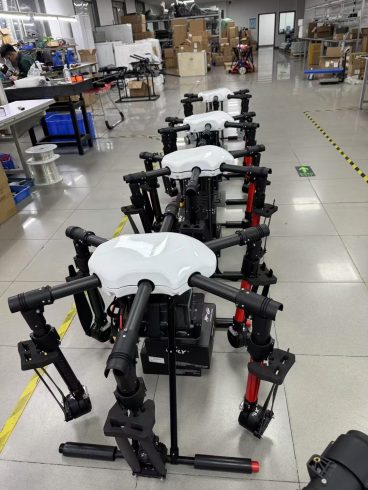

暂无评论内容